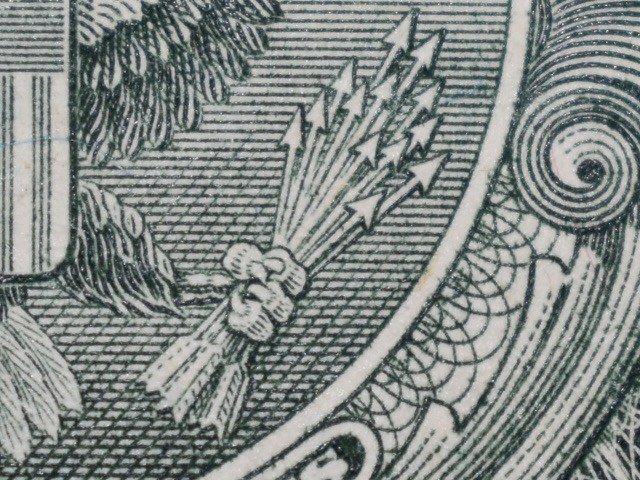The Work of Public Health Requires a Public. Do We Have One?
Do we have a genuine “public” in the U.S. or has “the public” (or, the publics) been sold to private interests for the sake of private profits? While one can find counterexamples to those I offer below, the preponderance of evidence is that “the public” in the U.S. is more fiction than reality. And a less-healthy populace with tens of thousands of unnecessary deaths is the result.
Radical polarization is just the latest assault on the reality of a public. Or perhaps radical polarization is an indicator that “the public” has collapsed. Regardless, individualism and the privatization of public spaces have been ascending for a long time, to the detriment of the public or the public good.
The politicization of mask wearing during a global pandemic is only possible because “the public” has been greatly diminished. What is political about wearing a mask to limit the spread of exhaled aerosols potentially containing a viral killer? Nothing, inherently. And if the public were intact as a concept in our minds and in society, mask wearing would be noncontroversial. But when there is only “me” or “me and mine,” mask wearing can be politicized.
You’re driving your car and the driver in front of you doesn’t signal turns. You fume that some people think “they own the road” or they act as if “they are the only ones on the road.” Right. No public.
You see people parking in handicapped spots, with or without handicapped tags in their vehicles, who walk more swiftly and better than you can into the store. Or, while you circle the parking lot looking for a space, you see a car pull into in a space reserved for short-term business. When you exit the store 30 minutes later, the car is still there. So much for public accommodations designed for people who need them but who can’t use them because someone does not recognize “the public.”
Consider those people who throw trash from their cars as they drive. Or who dump grease down drains and car oil into storm sewers. Or who act as if a graduation ceremony was created for their family only. Despoiling or misuse of public spaces for the sake of private interests.
Consider, too, a government agency letting contracts to private entities to build prisons and house prisoners, or the federal government using private contractors to fight wars. Both of these sell-offs would be unthinkable if we had a strong sense of “the public.”
When a government sells or leases public lands—including in national parks and on coastal shelves—for fossil fuel extraction, public space is privatized, and the public loses.
Whatever can be offered for sale is not truly public, for if something belongs to the public, it cannot be sold into private hands without corruption. Imagine the meaning of that statement in the context of corporate money ruled by the Supreme Court (Citizens United) to be speech in terms of elections or the push in the Department of Education to defund public schools.
 You know that bundle of 13 arrows in the eagle’s right claw on the Great Seal of the U.S.? That symbol may have been inspired by the Haudenosounee (Iroquois) Confederacy, which used one arrow to represent each of the nations of the confederacy. Arrows are bundled because, while it is easy to snap one arrow, a bundle of 5 or 13 is virtually unbreakable when held together.
You know that bundle of 13 arrows in the eagle’s right claw on the Great Seal of the U.S.? That symbol may have been inspired by the Haudenosounee (Iroquois) Confederacy, which used one arrow to represent each of the nations of the confederacy. Arrows are bundled because, while it is easy to snap one arrow, a bundle of 5 or 13 is virtually unbreakable when held together.
When held together. As a public rather than simply a collection of private interests.
Nearly all religions teach that “the people” precedes an individual, that community is essential for the development of persons, that there are no healthy persons without healthy communities, that neighbor-regard is an essential element of faith.
But this is one of the many religious/spiritual teachings that is eschewed in a so-called religious nation that worships singularity, liberty, and the freedom to monetize anything rather than to act and sacrifice together for the sake of a common, public good—such as life itself for a maximum number of people during a viral pandemic.
Dr. Gary Peluso-Verdend is president emeritus at Phillips Theological Seminary and is the executive director of the seminary’s Center for Religion in Public Life. The opinions expressed in this blog are those of the author. Learn more about the Center’s work here and about Gary here.


Comments are closed.